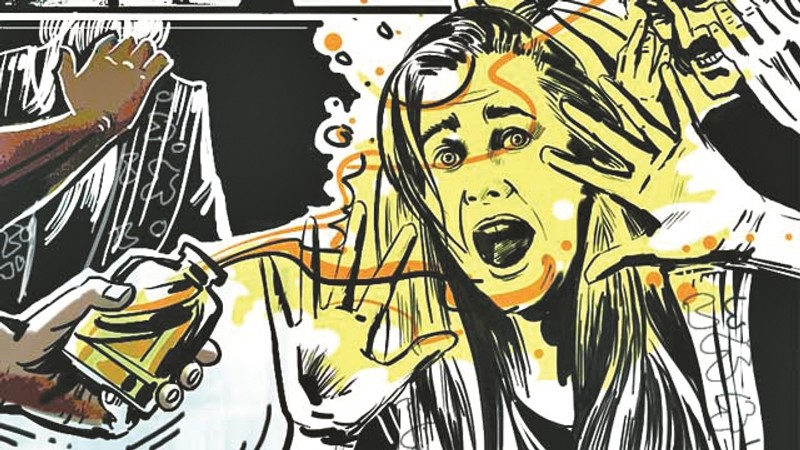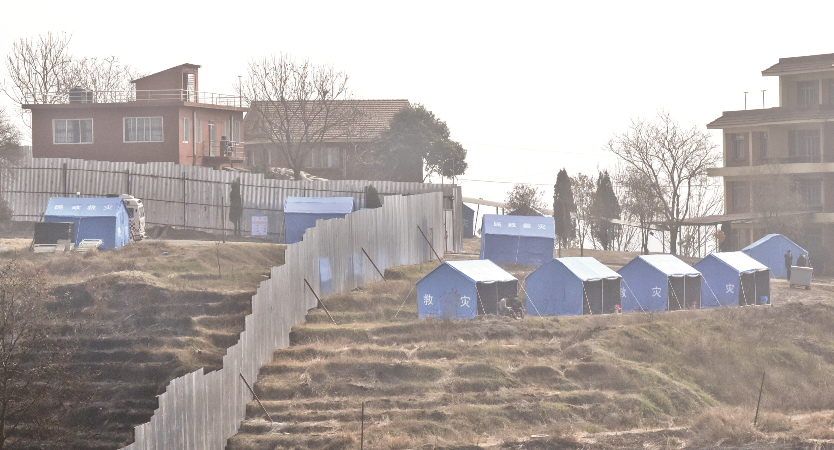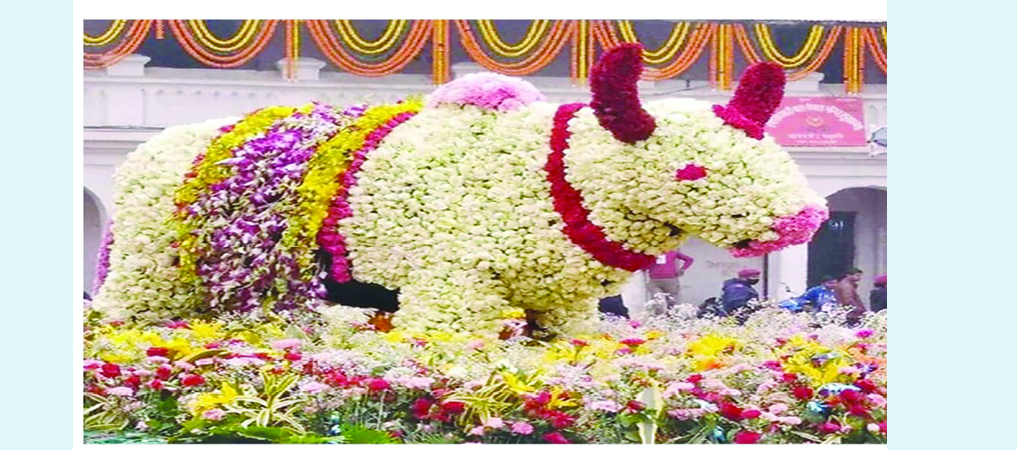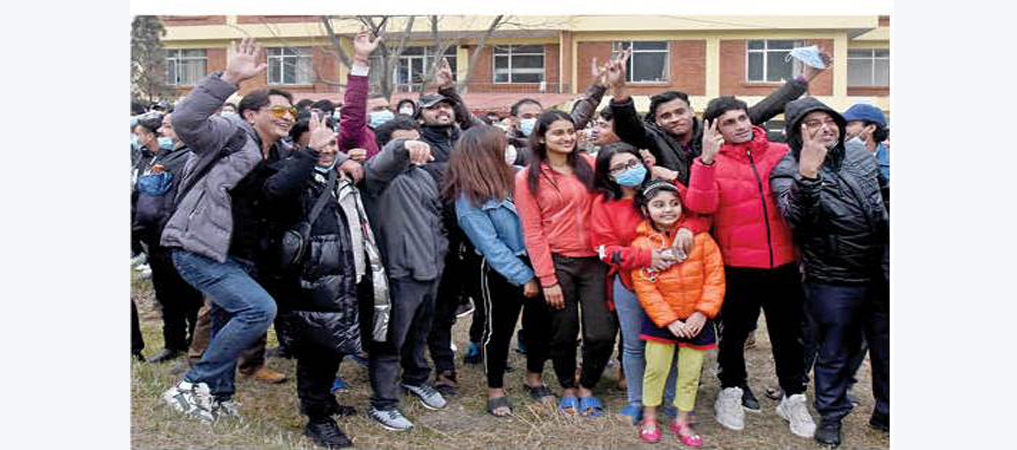Loss of smell, taste difficult to deal with: COVID-19 patients

By Sampada A. Khatiwada
Kathmandu, Oct. 10: While fever, dry cough and tiredness were considered to be the most common symptoms of the novel coronavirus infection, loss of sense of smell and taste, also called anosmia, was added to the symptom of COVID-19 from the mid-April.
Many infected people have experienced the loss of smell and taste during the infection while some say that anosmia continues even after recovering from COVID-19.
Maiya Pathak, 52, started experiencing the loss of smell and taste from the third day after testing positive for the novel coronavirus. "Loss of sense of smell and taste is not as basic as it sounds. I had to face a lot of consequences because of it."
"I lost my appetite as no food tested good to me. Be it meat, fruits, vegetables including lemon, everything was the same with a bitter aftertaste," she added. "As the virus attacked the immunity system, I used to feel fatigued but loss of appetite followed by weakness made it even worse."
Pathak said that she did not recover from the smell and taste dysfunction even after testing negative. "It has been two weeks since I tested negative, but I have not got the sense of smell and taste back yet."
"Many people suggested me and my husband, who had also contracted the virus, to try eating different sugary and spicy foods. But as my husband is suffering from hypertension, I am reluctant to make him try sweetened and spicy foods," she said.
"I think we need to survive without our sense of smell and taste for quite a while now," said Pathak.
Ramesh Rijal, 40, a COVID-19 survivor, also shares a similar story. "My family and I were infected with the novel coronavirus a month ago and we have already recovered from the infection but some effect of the disease is still continuing."
Rijal said that all of his family members, his wife and two children, experienced anosmia during their infection. "During the infection, eating almost felt like a torture as everything was tasteless. Regardless the food being tasty or tasteless we continued eating as having nutritious food is important to beat the virus," he added.
Rijal said that it was difficult to convince the children to eat. "They do not understand the concept of eating healthy. They will eat anything unless it is tasty. It was very difficult to feed them," he added.
Dr. Rabindra Pandey, a public health specialist, said, "The novel coronavirus attacks or weakens the nervous system, which leads to anosmia in most of the patients. This is one of the most typical systems experienced by the COVID-19 patients."
"Anosmia continues in patients from two weeks to two months after they test negative for the virus," he added. "This could possibly lead to loss of appetite as everything we eat is tasteless."
Dr. Pandey added that the patients could also be admitted to the hospital due to weakness caused by the loss of appetite.
"Trying food having sharp tastes could help in reviving the smell and tastes," he added. "Sugary, spicy, salty, sour or bitter food with a distinct taste could help in stimulating the taste buds."
Pandey stressed on eating healthy despite suffering from taste and smell dysfunction as adequate healthy and balanced diet is important for supporting immune systems.
Recent News

Do not make expressions casting dout on election: EC
14 Apr, 2022
CM Bhatta says may New Year 2079 BS inspire positive thinking
14 Apr, 2022
Three new cases, 44 recoveries in 24 hours
14 Apr, 2022
689 climbers of 84 teams so far acquire permits for climbing various peaks this spring season
14 Apr, 2022
How the rising cost of living crisis is impacting Nepal
14 Apr, 2022
US military confirms an interstellar meteor collided with Earth
14 Apr, 2022
Valneva Covid vaccine approved for use in UK
14 Apr, 2022
Chair Prachanda highlights need of unity among Maoist, Communist forces
14 Apr, 2022
Ranbir Kapoor and Alia Bhatt: Bollywood toasts star couple on wedding
14 Apr, 2022
President Bhandari confers decorations (Photo Feature)
14 Apr, 2022











